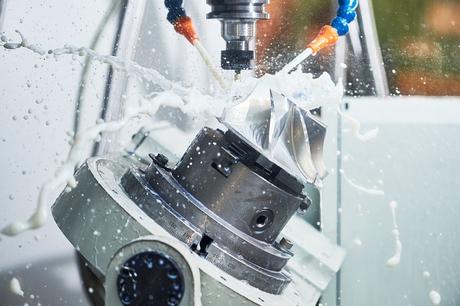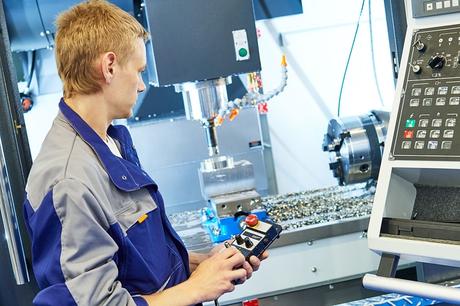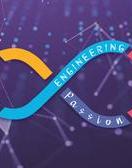CNC, or ‘Computer Numerical Control’ machining, might not be the newest technology, but its widespread use within manufacturing and its truly transformational effects are something that’s only recently being accepted as a mainstream option.
However, once embraced, it certainly doesn’t take long for the incredible advantages to be realized. The following is a simple guide as to why this is so, and the reasons those in the manufacturing industry would be well-advised to consider how the concept can upscale their operations.
CNC Machining: What is it?

The basic premise of CNC machining is a process whereby factory tools are programmed to move in a certain fashion. The technology by which this occurs is digitized and based on the subtractive method, forming objects by cutting and developing a precise geometrical shape. This works in contrast to manual control and supersedes the levels of accuracy and speed that are attained via human control. CNC machine tech is often used in the production of prototypes and custom-machined parts.
Each program is designed, written, and communicated to the machine via computer. One huge advantage is that rewrites, edits, and prompts can be added to pre-existing programs by updating the code. This makes CNC machining a truly dynamic and evolving concept with a hugely expansive computational capacity.
Within manufacturing, there are different types of machines that take advantage of CNC. These include:
- CNC mills
- Lathes
- Plasma cutters
- Electric discharge machines
- Water jet cutters
In addition, there are many other components and tools used within such machines, including:
- Wire bending machines
- Foam cutters
- Cylindrical grinders
- Glass cutters
- Turret punchers
- Wood routers
The most common choice of materials used to create customized precision components for CNC machining are plastic and metals such as stainless steel and aluminum. The type of material depends on the task in hand and is determined on its resistance, strength, and, if necessary, electrical and thermal conductivity.
The Advantages of CNC Machining Within Manufacturing

There are many reasons why the use of CNC machining is so beneficial – the most obvious of which are:
- True sustainability: High levels of accuracy mean reduced wastage, and the tech doesn’t demand the use of much additional materials. It also eliminates the use of other parts, such as sanders or drills, because everything necessary is included within the main body. Overall this leads to a dramatically reduced need for a variety of components.
- Reduction of processes: CNC machines are mostly monitored by software and computers. The technology does away with many of the laborious production steps, as well as virtually negating the need for many manual processes.
- Increased efficiency: By removing the need for manual tasks and the related reduction in human error, production processes become faster and more accurate. They can also carry out tasks 24/7 without the need for rest, breaks, food, sleep, etc.
- Affordable prototyping: While it’s well-known that prototypes are the gold standard within manufacturing, the cost and length of time to do this in a more traditional manner is often a barrier. CNC machining allows for cheaper, easier actioning and therefore benefiting from fewer mistakes further down the production line.
What the Future Holds
Naturally, many people are concerned about technology taking over tasks that were previously human-only responsibilities. However, CNC machining can’t work in isolation. On the contrary, such advances need a wide range of human skills to complement them. Such tech should be thought of as a method to enhance the workforce, not replace it. The creation of custom precision machine components is crucial for accuracy and reliability, thus chose the manufacturing and tooling company that can accomplish this better.
The manufacturing industry has to adapt to survive and remain competitive, and CNC machining is a key function to do this. Those who embrace such technology will stand out, benefit from dramatically increased performance and therefore be far better placed to gain the vital contracts they need to succeed.

